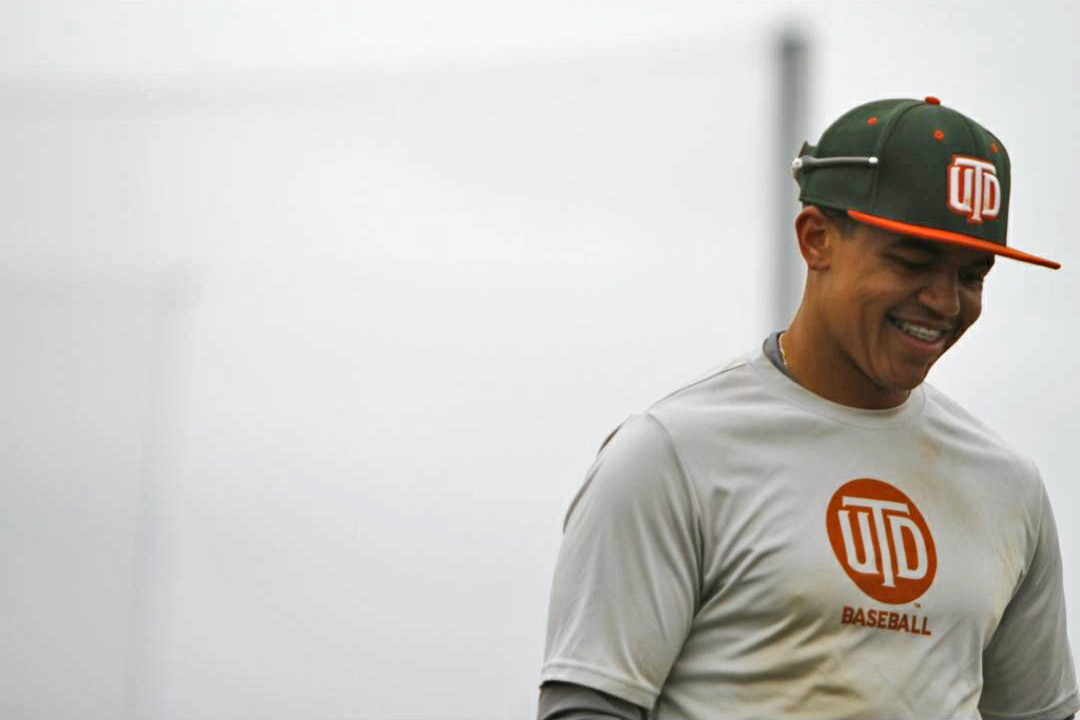
As a student-athlete liaison, UTD neuroscience senior and baseball infielder Isaiah Swann said that the panel members serve as representatives for their peers. Photo by Roshan Khichi | Mercury Staf
Members act as representatives for peers, provide feedback to schools
UTD neuroscience senior and baseball infielder
Isaiah Swann was selected by the NCAA to serve as part of an advisory panel
concerning college sports and the coronavirus pandemic. Alongside three other
student athletes, Swann plans to help influence decisions that will affect the
entirety of the NCAA.
Swann,
who was already involved with the NCAA, said he was chosen because of his
membership on the Committee on Competitive Safeguards and Medical Aspects of
Sports as well as the Student Athlete Advisory Committee. Both committees exist
to allow for student athlete input on players’ safety with respect to potential
medical threats and the rules and regulations surrounding them, respectively.
Compared to other student athletes, Swann said, his experience on both
committees set him apart as a candidate.
Swann said the advisory panel provides
feedback and information to help member schools make informed decisions about
their athletics. As student-athlete liaisons, he said they would also serve as
representatives for their peers. With so many universities being influenced by
these decisions, Swann said he knows they won’t be able to please everybody.
“The
best solution for everybody ensures that everybody’s still healthy and safe
without completely dismantling sports,” Swann said. “There’s going to be a lot
of conflicting opinions … A lot of the information on this panel is based off
of Centers of Disease Control and Prevention and National Institutes of Health
recommendations, and I know that they’re working in conjunction with each other
to make these recommendations.”
The
advisory panel, comprised of four members from different universities, was
chosen to represent players from all three NCAA division sports, as well as a
recent graduate. Swann said that he’d met the other board members through SAAC
and was familiar with them prior to selection.
“Everybody’s great, and really motivated,
which is really cool,” Swann said.
Because
the members of the panel live in different states, they use video calls to
meet. Under the direction of the NCAA’s chief medical officer Brian Hainline,
Swann said the panel helped provide insight from fans and players that
influenced decisions like the removal of fans from all March Madness basketball
games.
“The priority is just ensuring that we’re talking with our peers and with these member institutions and really getting the questions and feedback they have,” Swann said. “Right now, we’re right at the beginning of all the work that needs to be done.”